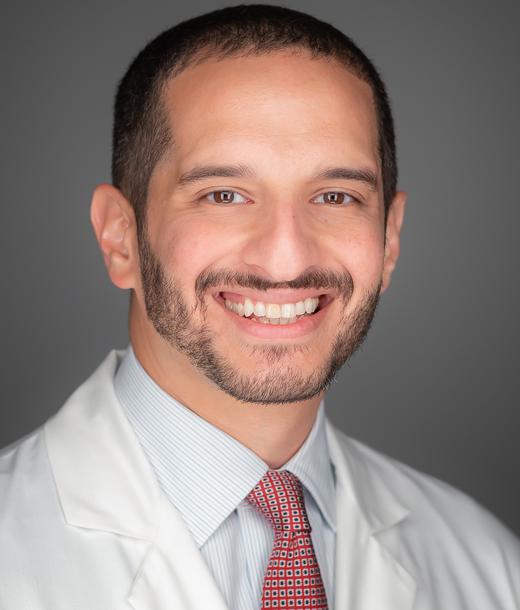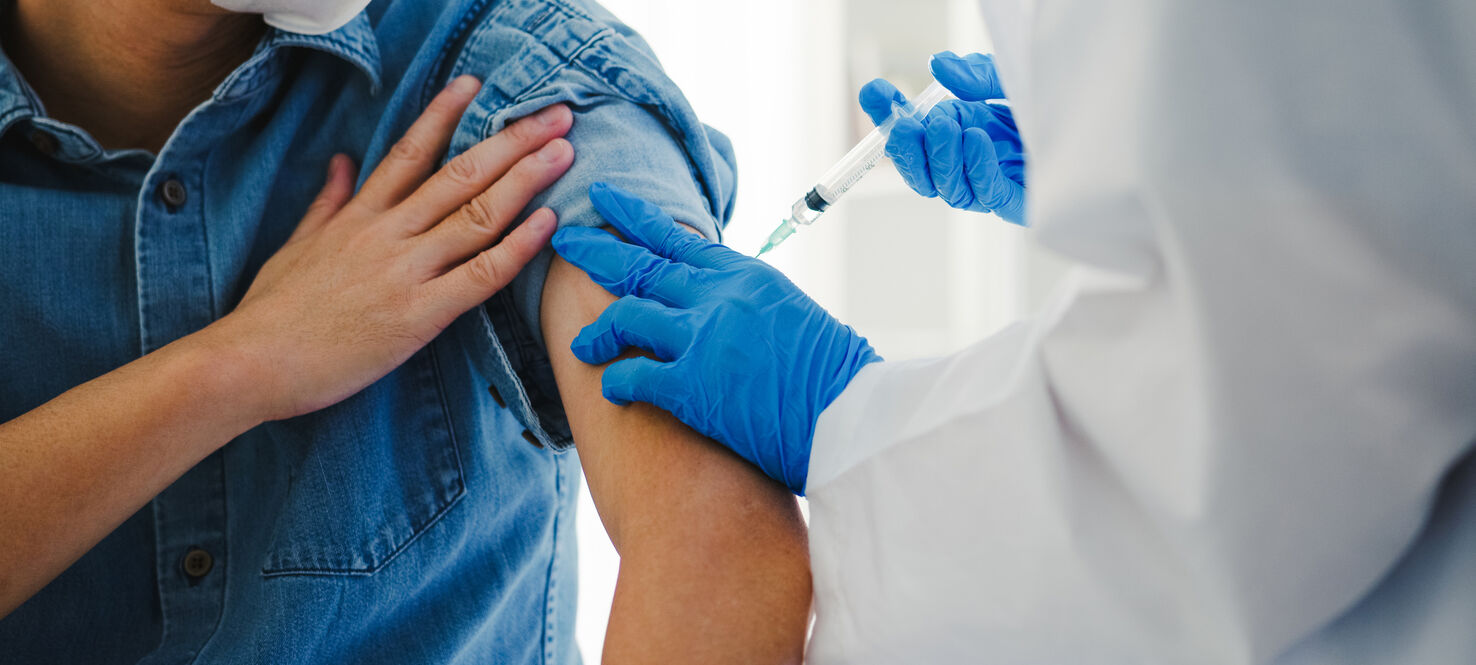Rebuilding Your Immune System After a Bone Marrow Transplant
Bone marrow transplants are a common treatment for blood cancer. The process can be complex and lengthy, including weeks in the hospital and weeks in isolation after transplant. The period following the transplant is critical because a patient’s immune system has been reset and needs to relearn how to protect the body. This includes getting revaccinated against diseases, even those you were immunized against.

Hany Elmariah, MD
“These vaccinations are not just recommended, they’re essential. Each one helps protect transplant recipients from infections that could be severe or life threatening given their recovering immune system,” said Hany Elmariah, MD, a medical oncologist who specializes in bone marrow transplantation at Moffitt Cancer Center. “The timing is carefully chosen to balance the need for protection with the body’s ability to respond effectively to the vaccines.”
Transplant teams create personalized vaccination schedules for each patient, considering factors such as the type of transplant (allogeneic or autologous) and individual health status. For example, allogeneic transplant recipients who receive donor stem cells may be on long-term immunosuppression to prevent graft-versus-host disease. The vaccination schedule typically begins a few months after transplant and continues for about two years.
Key vaccines include:
3 months posttransplant
-
- Pneumococcal: Begin series of four doses (months 3, 6, 12 and 18)
- Influenza: Given annually starting three months after transplant
- COVID-19: Begin revaccination series at three months per Centers for Disease Control and Prevention guidance
- Recombinant herpes zoster (autologous transplant only): Begin series of two doses (months 3 and 6)
6 months posttransplant
-
- Diphtheria, tetanus and pertussis (DTaP): Begin series of three doses (months 6, 12 and 18)
- Polio: Begin series of three doses (months 6, 12 and 18)
- Haemophilus influenzae type B: Begin series of three doses (months 6, 12 and 18)
- Hepatitis B: Begin series of three doses (months 6, 12 and 18)
12 months posttransplant
-
- Recombinant herpes zoster (allogenic transplant only): Begin series of two doses (months 12 and 18)
24 months posttransplant
-
- Measles, mumps and rubella: Begin two dose series (months 24 and 26) in the patients successfully weaned off immunosuppression and not receiving maintenance chemotherapy
Physicians may also suggest additional vaccines based on the patient’s age and additional risk factors starting at six months posttransplant. The HPV vaccine is recommended for adults 45 or younger. A series of meningococcal vaccines is recommended for patients with sickle cell disease, impaired splenic function due to underlying hematologic conditions, certain medications or prior trauma, or a history of spleen removal. The hepatitis A vaccine is recommended for patients with chronic liver disease, international travelers, HIV positive patients, men that have sex with men and dormitory residents.
“The revaccination process is a critical component of posttransplant care. It’s our way of giving patients the best possible protection as they recover and return to their normal lives. While it may seem daunting to go through childhood vaccinations again, it’s an investment in their long-term health and well-being,” Elmariah said.



